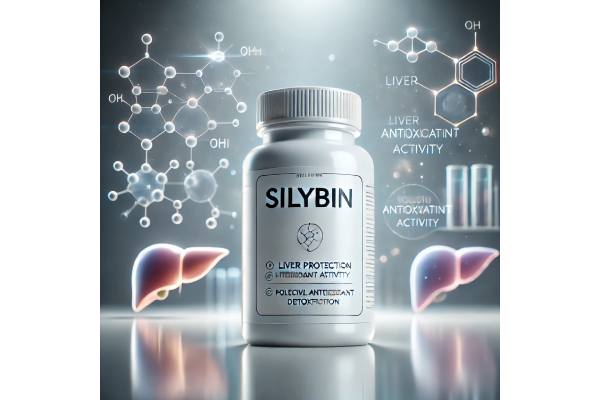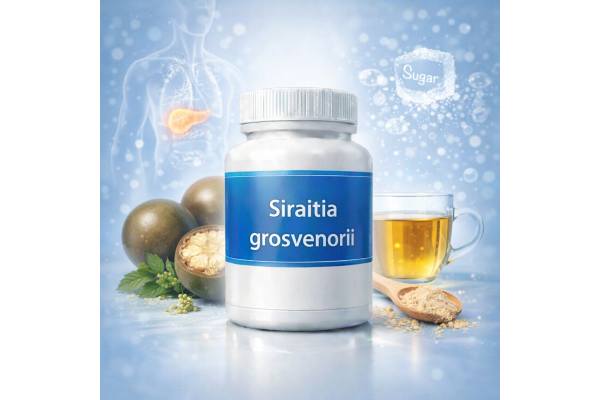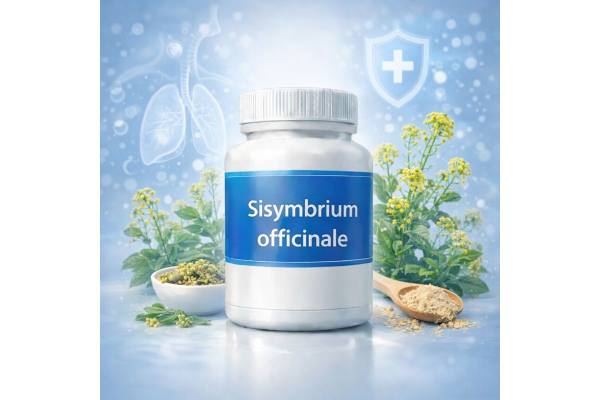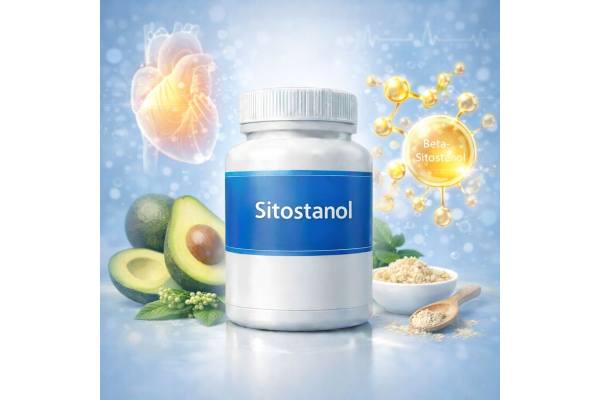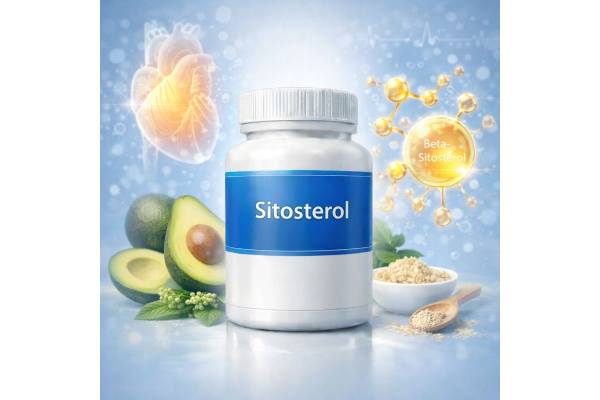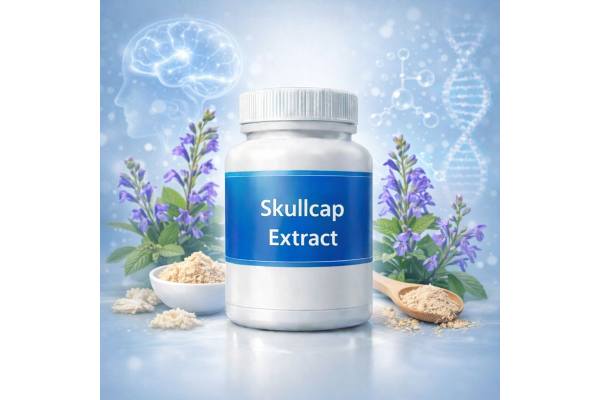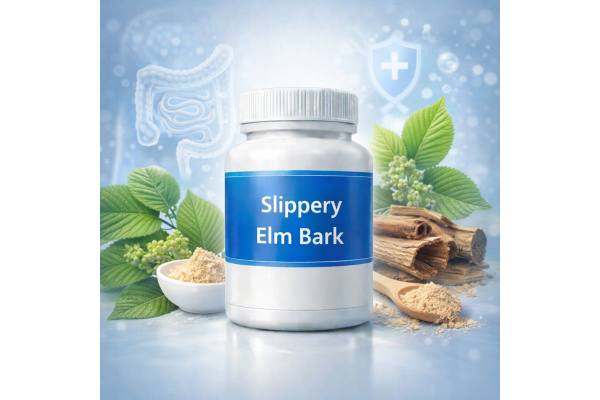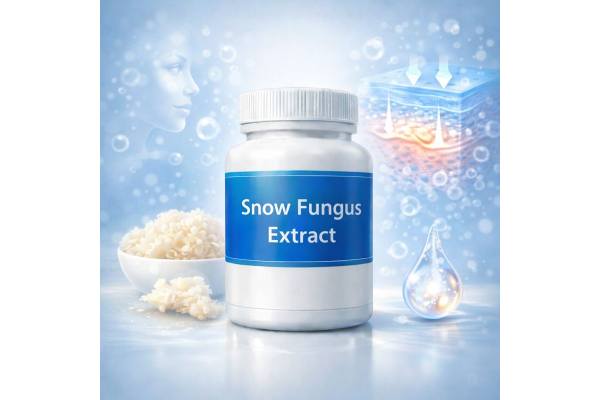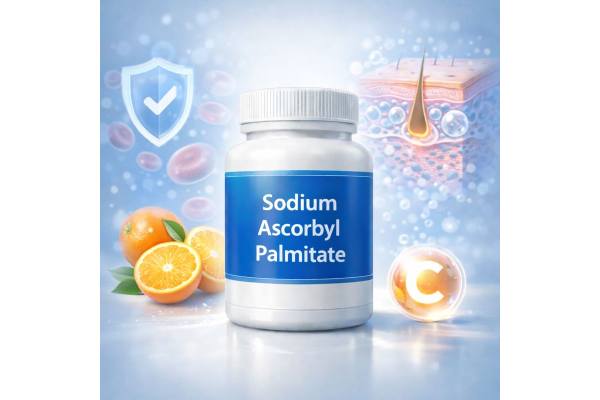Silk protein benefits and dosage guide for skin, hair, and wellness
Silk protein has moved beyond luxury fabrics into the worlds of skincare, hair care, biomaterials, and even functional foods. Extracted mainly from Bombyx mori...
Silver citrate dosage, safety, and side effects guide for cosmetic and hygiene products
Silver citrate has attracted growing interest as a modern antimicrobial ingredient. Instead of acting as a classic nutrient, it works as a stabilized silver...
Silver hydrosol dosage, toxicity, and safe alternatives for natural wellness
Silver hydrosol is often promoted as a “next generation” form of colloidal silver, advertised for immune health, detox support, and everyday wellness. In practice,...
Silver water health benefits myth versus reality, dosage, and toxicity
“Silver water” is a broad marketing term for liquids that contain tiny particles or ions of silver suspended in purified water. You will also...
Silybin supplement for fatty liver benefits how to use and precautions
Silybin (often spelled silibinin) is the main active compound in milk thistle extracts, long used as supportive care for the liver. Modern supplements may...
Silybum marianum silymarin complex for fatty liver, liver repair, and metabolic health
Silybum marianum, better known as milk thistle, is one of the most widely used herbal supplements for liver support. Its seeds are rich in...
Silychristin complete guide for liver support, dosage, benefits, uses, and side effects
Silychristin is one of the key active molecules inside milk thistle (Silybum marianum), the classic herb used for liver support. It belongs to the...
Silydianin antioxidant liver supplement properties, real benefits, recommended doses, and safety profile
Silydianin is one of the lesser-known yet important flavonolignans found in milk thistle (Silybum marianum). While most people recognize silymarin or silibinin, silydianin quietly...
Silymarin: Benefits, Properties, Advantages, Uses, Dosage, and Side Effects Guide
Silymarin is a standardized extract from the seeds of the milk thistle plant (Silybum marianum). It is best known for its role as a...
Sinapis alba for joints, lungs, and digestion evidence based benefits and precautions
Sinapis alba, commonly known as white or yellow mustard, is far more than a condiment seed. Its small, pale seeds are rich in glucosinolates...
Sinomenium acutum rheumatoid arthritis benefits, anti-inflammatory properties, dosage and side effects
Sinomenium acutum is a traditional East Asian medicinal vine best known today as the natural source of sinomenine, a plant alkaloid used in modern...
Siraitia grosvenorii natural zero calorie sweetener properties, advantages, dosage and safety guide
Siraitia grosvenorii, better known as monk fruit or Luo Han Guo, has moved from traditional Chinese herbal teas into protein powders, soft drinks, and...
Sisymbrium officinale singers plant voice support and cough soothing supplement overview
Sisymbrium officinale, commonly known as hedge mustard or “the singers’ plant,” is a modest wild herb with a long reputation among actors, teachers, and...
Sitostanol plant stanol esters for high cholesterol, LDL reduction, and heart health support
Sitostanol is a plant-derived compound best known as the active ingredient in certain “cholesterol-lowering” margarines, yogurts, and functional foods. It belongs to the family...
Sitosterol plant sterol for high cholesterol, prostate health, dosage, and safety guide
Sitosterol (most often beta-sitosterol) is a plant sterol that looks a lot like cholesterol but behaves differently in the body. It is naturally present...
Skullcap extract for insomnia and stress relief, how it works, dosage, and safety
Skullcap extract is an herbal preparation made from plants in the Scutellaria genus, most commonly American skullcap (Scutellaria lateriflora) and Chinese skullcap (Scutellaria baicalensis)....
Slippery elm bark for IBS, heartburn, and sore throat, evidence based benefits and risks
Slippery elm bark comes from the inner bark of Ulmus rubra, a deciduous tree native to North America. Traditional healers used it as a...
Snow fungus extract complete benefits, uses, dosage and side effects guide
Snow fungus extract, usually derived from the jelly-like mushroom Tremella fuciformis, has moved from traditional soups and tonics into modern supplements and skincare formulas....
Sodium alginate natural GERD and heartburn treatment, uses, dosage, and safety overview
Sodium alginate is a natural polysaccharide derived from brown seaweeds and widely used in food, pharmaceuticals, and cosmetics. In supplements and over-the-counter products, it...
Sodium ascorbate non acidic vitamin C for sensitive stomachs, dosage guide and safety tips
Sodium ascorbate is a buffered, non-acidic form of vitamin C that combines ascorbic acid with sodium. For many people, it offers a gentler alternative...
Sodium ascorbyl palmitate vitamin C derivative benefits, skincare uses, dosage, and safety guide
Sodium ascorbyl palmitate is a vitamin C derivative that blends the water-loving nature of ascorbic acid with the fat-loving character of palmitic acid. In...
Sodium ascorbyl phosphate complete vitamin C skincare benefits and dosage guide
Sodium ascorbyl phosphate (SAP) is a stabilized, water-soluble form of vitamin C designed to deliver the well-known antioxidant and brightening benefits of ascorbic acid...
Sodium bicarbonate : Benefits, Properties, Advantages, Uses, Dosage, and Side Effects Guide.
Sodium bicarbonate is best known as common baking soda, but in health and nutrition it is far more than a kitchen ingredient. This simple...
Sodium butyrate gut health benefits and dosage guide for inflammation and microbiome support
Sodium butyrate has gained attention as a targeted way to support gut health, inflammation balance, and overall metabolic wellbeing. It is the sodium salt...





